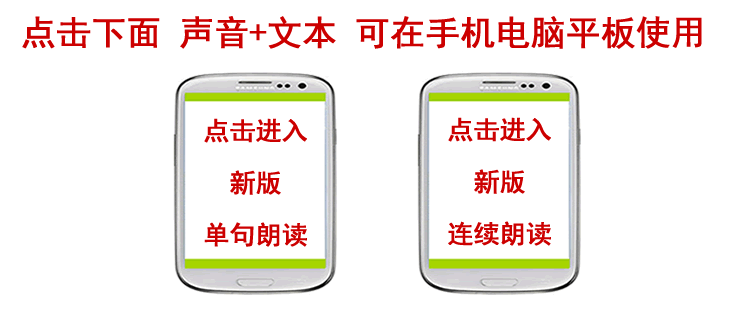特别广播英语第 90 课:The Language of Uncertainty 模糊语言-2 The language of uncertainty has three main categories: 模糊语言有三大类:
(1) words such as probably, possibly, surely, which denote a single subjective probability and are potentially quantifiable; (1)"很可能"、"有可能"、"肯定会"、之类的词。这类词表示个人主观认为的可能性,这些词在发言人的心目中是有一定的潜在的数量的;
(2) words like many, often, soon, which are also quantifiable but denote not so much a condition of uncertainty as a quantity imprecisely known; (2)"很多"、"经常"、"很快"之类的词表示的是模糊的状况倒不如说表达的是知道得不够确切的数量;
(3) words like fat, rich, drunk, which can not be reduced to any accepted number because they are given different values by different people. (3)"肥胖"、"富有"、"酒醉"之类的词,这类词不能精确到大家都能同意接受的数字。;在这来,因为不同的人对这些词都会有不同的评价。
We have been trying to pin down by experiments what people mean by these expressions in specific contexts, and how the meanings change with age. 我们一直都想通过多次实验来解释在特定的语言环境当中,人们使用这些词语都用于哪些意思,解释明白随着年龄的不同在使用这些词语时意义上有了哪些变化。
For instance, a subject is told "There are many trees in the park" and is asked to say what number the word many mean to him. 例如,我们告诉一位被测试者"公园里有很多树"。然后再问这位被测试者,"很多"这个词在他看来意味着多少。
Or a child is invited to take "some" sweets from a bowl and we then count how many he has taken. 或者我们请一个小孩从一只碗里拿取"一些"糖块,然后我们数一数他拿取了多少块糖。
We compare the number he takes when he is alone with the number when one or more other children are present and are to take some sweets after him, 我们把只有他一人在场时所拿取的糖块,跟还有一个或一些儿童在场时,这些儿童在他拿了糖之后也要去拿糖块,他所拿取的数量比较一下;
or with the number he takes when told to give "some" sweets to another child. 或者把只有他一个人在场时他所取的糖块数量跟你告诉他还要分给另一儿童"一些"糖块时,他所拿取的数量比较一下。

